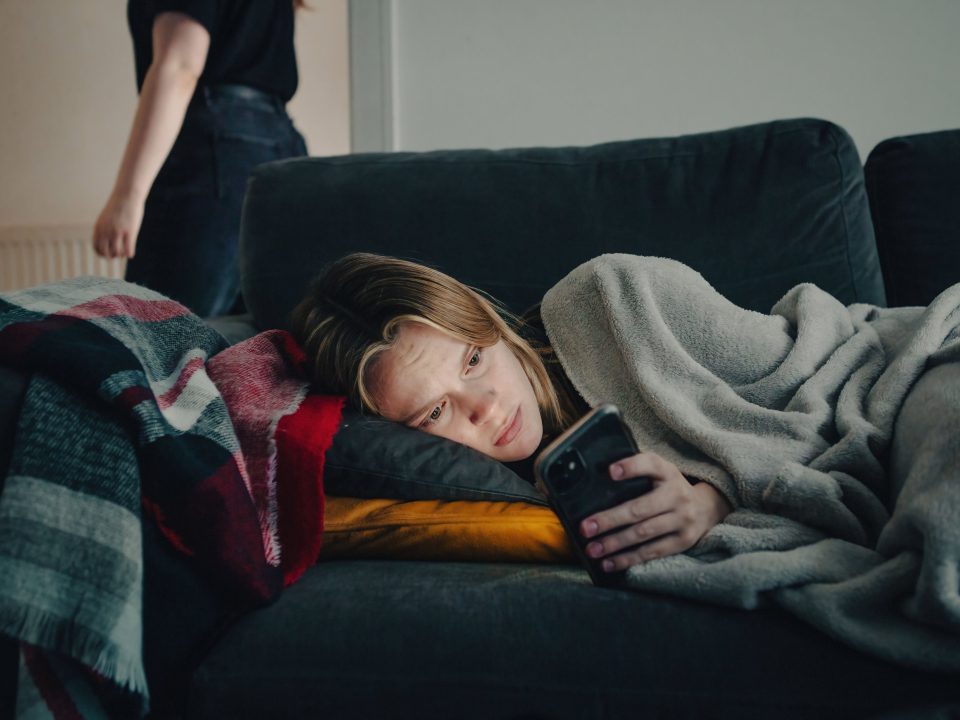The housing crisis is trapping people in homelessness accommodation
We contributed to a report which reveals the shocking scale of the problem
People can’t move out of homelessness accommodation because of the housing crisis. Instead, they’re living in limbo and unable to rebuild their lives.
These are the findings of a new Commonweal Housing report, which Porchlight contributed to.
It reveals that someone who’s ready to move out of homelessness accommodation (like Porchlight housing) will find it nearly impossible to access low-cost private rented housing.
Instead, they’re stuck where they are, feeling “crushed” and “punished.” This also means that people currently experiencing homelessness are unable to move in.
Why is this happening?
The report talks about a shocking scarcity of private rented housing for single homeless people.
There’s been a record surge in rent prices, but a falling of number private rental properties at the cheapest end of the market. And with homelessness rising, the need for low-cost housing is only growing.
It means people trying to move out of homelessness services feel like they’re in a “rat race” with “50 other people to go and see a one-bed flat.” They could take “months and even years” to find somewhere to live.
This is compounded by the fact that when someone starts working, their housing benefit is reduced. It means clients of homelessness services often stay on Universal Credit - they can’t achieve a high enough income to cover their rent, creating a poverty trap.
A worsening situation
According to a 2022 Homeless Link survey, 40% of people living in homelessness services were ready, but unable, to move into a place of their own. Rental prices have risen by nearly a fifth since this data was collected. The current situation is likely to be even worse.
And rising housing costs are driving the country’s homelessness crisis. The end of private rented tenancies is a major reason people are ending up on the streets or sofa surfing.
Other findings
- People feel trapped and desperate. Being unable to move out of homelessness services is traumatising. The report talks about someone who felt so hopeless that they abandoned their homelessness support, despite the fact it could mean they returned to sleeping rough.
- Poor quality of private rented housing. Some properties were described as “hovels” that were cramped and lacking in basic amenities like a shower or a table.
- Illegal and unethical landlord practices. There were reports of racial profiling and discrimination (including asking for tenants with fluent English), expecting people who are on disability benefits to pay a higher level of rent, requesting tenants’ Universal Credit log-in details, and evicting people without going through the correct procedure.
What can be done?
The government is looking to get its Renter’s Reform Bill turned into law. This could bring an end to no-fault evictions and ensure rental homes are warm and safe. But the Commonweal Housing report suggests it should go further and increase the rights of those who are accessing the cheapest end of the market, including those who have experienced homelessness.
Further recommendations include:
- The Ministry of Housing, Communities and Local Government ensuring that a fairer, more equitable private rental sector exists. This could help end rough sleeping.
- The Department of Work and Pensions to expand and evaluate programmes that provide a bridge from supported accommodation to employment. This will help people save for a deposit and access private rented accommodation on the open market.
No access, no way out
This report captures the emotional story facing tens of thousands in the UK. It's told through first-hand evidence of the people living and working at homelessness services.
Read the full report

